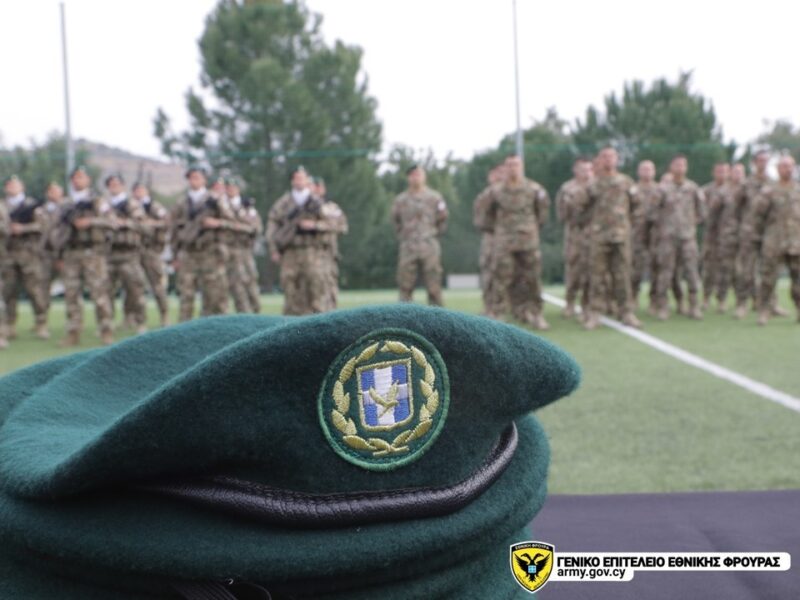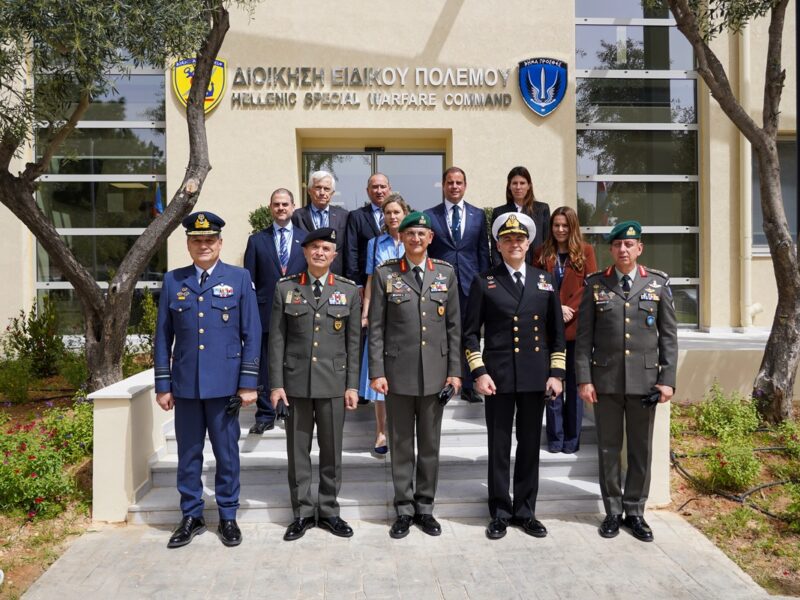Ankara sees all other littoral states as a necessary counterweight to Moscow and will do much to prevent Kyiv from falling completely to Vladimir Putin.
“How Turkey sees the access of the Russian navy to the Black Sea”, is the title of an article of a reputable media whose main points are the following:
“Despite supporting Ukraine militarily, President Erdogan has critical political and economic reasons for maintaining good ties with Moscow, so he is unlikely to take actions in the Black Sea that are not strictly defined in the Montreux Convention.
During the last week of August, Russia reportedly sent S-300 missile defense systems from Syria back to its territory through the Turkish Straits (Bosphorus and Dardanelles), raising questions about the nature of Turkey’s control over these waterways .
The 1936 Montreux Convention gives Ankara broad rights to monitor and restrict the types of ships sailing in the Black Sea.
How do Turkish officials interpret these rights now that war has broken out between two littoral states?
The response appeared to cast doubt on Washington’s ability to steer Ankara toward further measures that weaken Moscow’s military offensive against Ukraine, such as monitoring Russian cargo crossing the Black Sea.
On March 1, immediately after Moscow started the war, Turkey closed the straits to Russian and Ukrainian warships. The decision was based on the Montreux Convention, according to which Turkey is the guardian of the Black Sea’s only open sea passage
Before Montreux, the 1923 Treaty of Lausanne, which established modern Turkey, also placed some restrictions on control of the straits.
Although the treaty recognized Turkish sovereignty over the Bosphorus and the Dardanelles, it stipulated that they remain open to unrestricted political and military traffic under the auspices of the International Commission on Refugees.
However, this arrangement changed in the mid-1930s. Amid the rise of Nazi Germany, Britain and France tried to win Turkey over to their side by abolishing the Straits Commission. This and other developments culminated in the Treaty of Montreux, which restored unlimited Turkish sovereignty over the Bosporus and the Dardanelles.
Consequently, Ankara was free to militarize the straits and claim certain privileges to regulate maritime access through them.
In 1938, Paris made further concessions to Turkey by agreeing to grant independence to the sanjak of Alexandretta, an autonomous part of the French Mandate of Syria that would soon become a Turkish province just weeks before the start of World War II.
Simply put, Montreux stipulates that merchant ships of all nations may sail freely through the straits in peacetime. However, it prohibits non-littoral states from maintaining a permanent or large naval presence in the Black Sea, only Turkey, Russia, Ukraine, Romania, Georgia and Bulgaria can do so.
Other states’ navies must comply with the treaty’s strict tonnage and duration limits, which reach 15,000 tons in some cases and effectively prevent foreign powers from sending more than two or three surface warships through the straits.
On paper, all six littoral states share the Black Sea militarily.
However, four of them, Bulgaria, Georgia, Romania and Ukraine, have relatively small navies, making the sea a de facto maritime co-dominion between Turkey and Russia.
Ankara therefore considers Montreux to be a very favorable document for it
This is even more true in cases of war, when the treaty authorizes Turkey to close the straits to the naval vessels of any country, including the Russian one, albeit with certain reservations.
On March 1, Turkey announced that Russian and Ukrainian ships would not be allowed to pass from the Mediterranean to the Black Sea while hostilities continued.
To justify this move, Ankara invoked Article 19 of the convention, which authorizes it to close the straits to countries at war unless they return to their home port.
Supporting Ukraine militarily, benefiting from Russia financially
At first glance, the March 1 closure appeared to be a neutral measure aimed at restricting both belligerents from moving in and out of the Black Sea.
In reality, however, the decision was clearly aimed at Russia at the time, Ukraine had only one warship and a few patrol boats, all already in the Black Sea, while almost half of Russia’s combined Mediterranean-Black Sea fleet, more than four dozen vessels , developed outside the straits.
This approach is in line with Turkey’s broader Black Sea policy, which can be described as “pro-Ukraine neutrality”.
Although Ankara and Moscow are the main military powers in the neighborhood, Russia is both Turkey’s biggest power and historical enemy.
Consequently, Ankara sees all other littoral states as a necessary counterweight to Moscow and will do much to prevent Kyiv from falling under Vladimir Putin’s thumb.
This includes selling drones to Ukraine and enforcing Montreux in a “neutral” manner that has the practical effect of undermining Russia’s local naval presence.
However, despite supporting Ukraine militarily, Turkey has been careful not to jeopardize its economic ties with Russia.
President Recep Tayyip Erdogan has national elections on the horizon in June 2023, so he feels an urgent need to boost trade and tourism with Moscow in order to open up his country’s economy well before then.
For example, about seven million Russian tourists visited Turkey annually before the 2019 COVID-19 pandemic.
Following his meeting with Putin on August 5, Moscow sent nearly $5 billion to facilitate a Russian company’s construction of the Akkuyu nuclear power plant in southern Turkey.
In short, amid growing opposition at home, Erdogan has tried to balance being pro-Ukrainian and avoiding an overtly anti-Russian stance, while protecting Turkey’s security interests in the Black Sea and his own political interests.
Despite Erdogan’s cautious approach, the war could still trigger a situation in which Russia would demand access to the Black Sea for some of its naval ships stranded in the Mediterranean.
However, barring such a request or a wider crisis between Moscow and NATO, Turkey is unlikely to take steps not provided for in the Montreux Convention.
This includes potential U.S. or international requests to institute cargo controls, regulate Russian merchant marine passages through the straits, or otherwise attempt to control those waterways in any way stricter than the treaty dictates.
In Erdogan’s view, supporting Ukraine militarily, limiting the effects of the war and maintaining beneficial economic and diplomatic ties with Putin are essential to his strategy to stay in power next year.”
From the above, it is clear that Turkey wishes not to get involved in the Ukraine-Russia war, playing the role of a balancer, stepping on two boats at the same time
On the one hand, it gives Bayraktar drones to Ukraine, which kill Russian soldiers, and it does not recognize the annexation of Crimea by Moscow, saying that it is Ukrainian territory, interested in the Tatars whom it considers its minority there.
On the other hand, Russia is building a nuclear reactor in Akouyou, channeling money to the Russian company to continue the project through Turkey, despite the NATO-US-EU sanctions against Moscow, which Ankara does not follow.
At the same time, Turkey hosts Russian tourists and develops trade, economy and energy cooperation with Moscow.
What does Russia’s occupation of the Ukrainian coast in the Black Sea entail?
In addition to the above, however, the possible occupation of all the coastal territories of Ukraine on the Black Sea by Russia will have a particularly negative impact on Turkey, and I explain
The Russian navy will increase in size in the Black Sea, dwarfing the Turkish one in the Northern Seas, forcing Turkey to increase its own naval presence there.
The Black Sea, however, does not serve the geostrategic ideology of Turkey, which is the “Blue Homeland”, which means that Ankara will be forced to tie up warships, human resources, money and inside a maritime area that cannot be expanded.
Also, its plans for the imposition of the “Blue Homeland” at the expense of Greece and Cyprus in the SE Mediterranean will go back in time, something that Turkey does not want.


